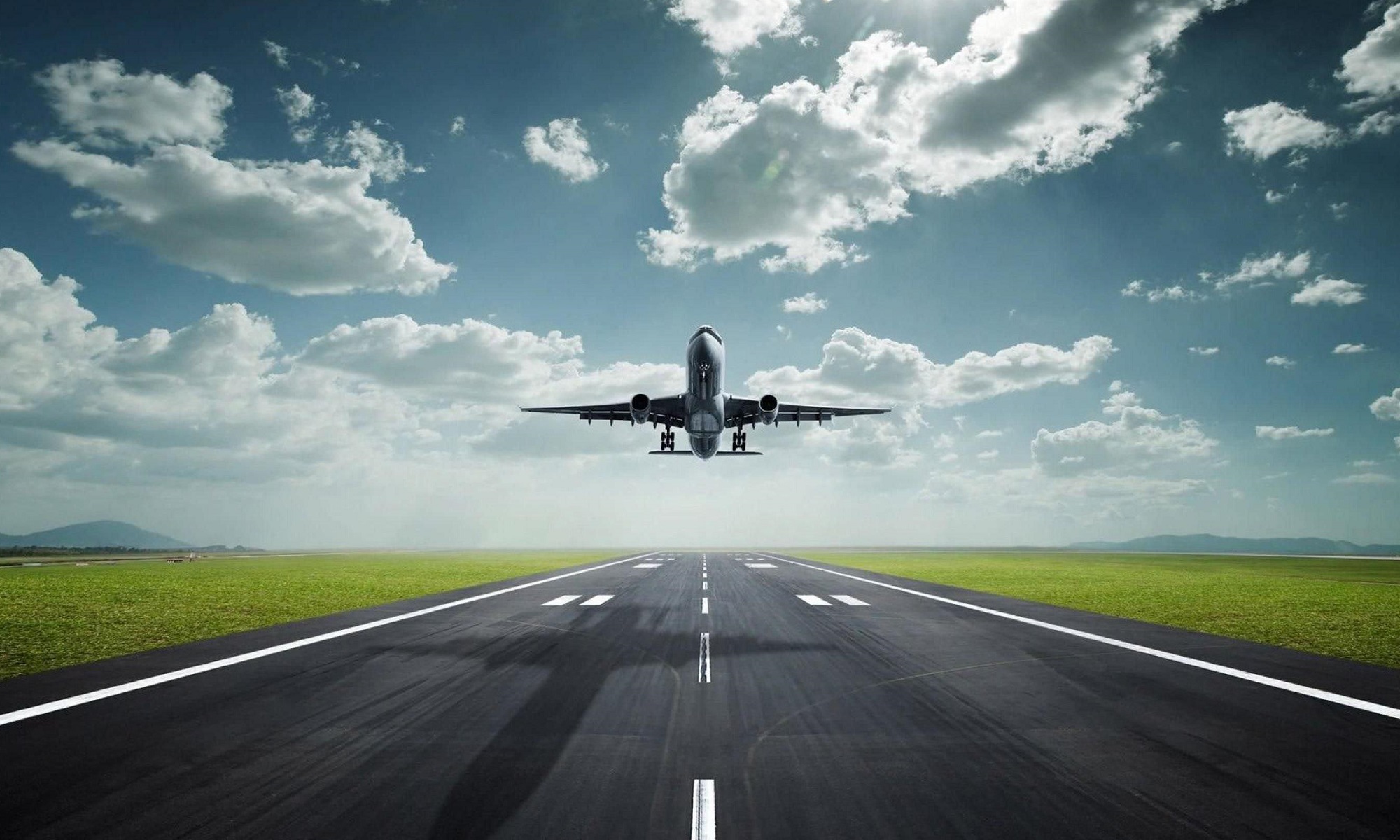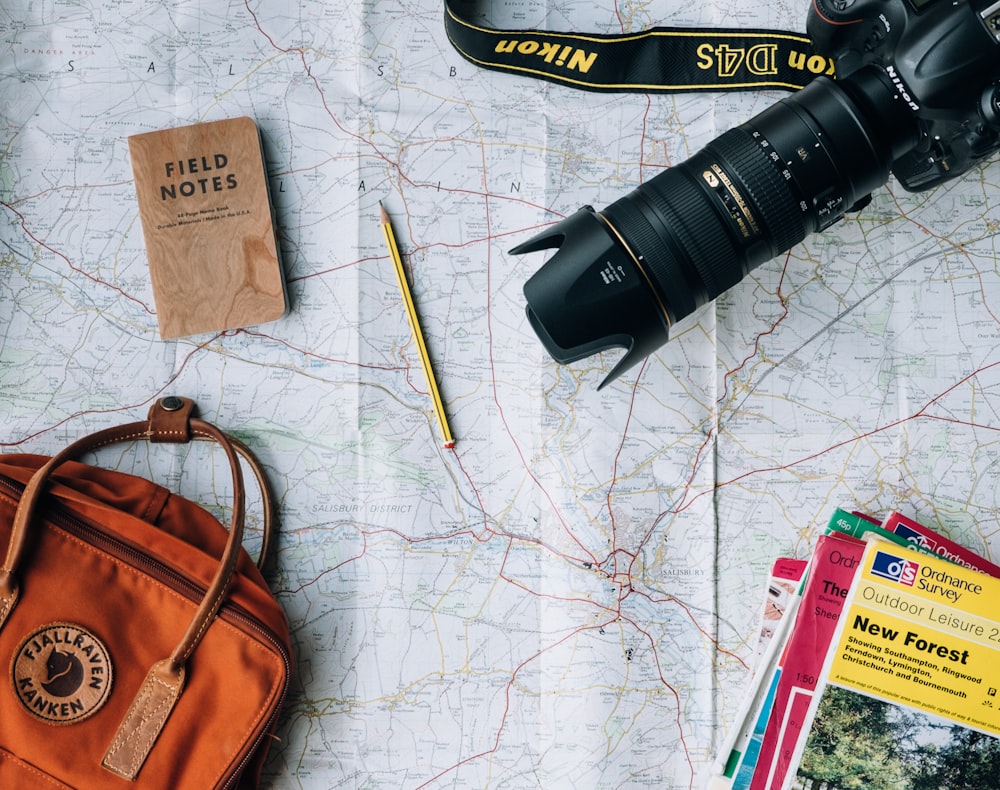
If you are traveling during a pandemic, it is significant to be aware of the entry requirements so that there are no problems upon arrival. The coronavirus (COVID-19) has turned the travel world upside down. To understand how vacation insurance has changed during the pandemic and where it will lead in the future, read on.
What is travel insurance?
Travel insurance is like a safety net in construction: not required by law, but it will save you if something goes wrong. It is designed to prepare you for unexpected situations. Travel insurance gives you additional peace of mind, which is crucial in times of uncertainty.
Good travel insurance covers unforeseen travel expenses, from minor expenses like delayed baggage or a lost suitcase to more earnest situations. Travel insurance can relieve you of the headaches of medical expenses in case of accidents and large expenses due to flight delays or cancellations.
What does travel insurance cover?
While travel insurance is different, there are a few basic things that come with any travel insurance. Primary coverage includes compensation of emergency medical expenses if you fall ill or get injured while traveling, personal liability insurance, insurance against property damage and loss of luggage, and travel cancellation or interruption insurance.
How to check if the terms of the insurance policy have changed due to Covid-19?
Most of the insurance companies have published news about the change in insurance rules on their official websites. The coronavirus could affect the terms of both future and current policies. For example, the time frame within which you can request compensation for losses incurred due to coronavirus may have changed. Also, the insurer is obliged to inform you about all changes in the current insurance contract. Check your email and contact the agent to clarify everything.
Am I entitled to something from the insurance if I go to an infected city?
In general, no, it is not supposed to (if the pandemic did not find you in this infected region). But it is always better to check the terms of the policy and call the insurer.
If you took out insurance after the coronavirus hit the world, your travels to infected regions are almost certainly not insured. If you have decided to travel to a region with a high rate of COVID-19 infections, your insurance will likely expire, especially for coronavirus-related claims.
Coronavirus and travel essentials
The situation is evolving rapidly, but here are four things to know anyway.
How can I reduce my risk while traveling?
There are simple preventive measures that are easy to follow. Wash your hands regularly (with water and soap or alcohol-based antibacterial hand gel), keep your eyes, nose, and mouth away, and keep at least a meter away from anyone who coughs or sneezes.
World Health Organization recommendations
How to cancel travel plans?
Call the airline, hotel, or travel agent directly where you booked your tickets or accommodation. If you are not sure which company it was, you can find its name on your bank statement or in your booking confirmation email.
How to get a refund?
Call your airline or travel agency. Now many have disrupted plans and support services are doubtful, but try to wait for help. If the company says that a refund is impossible or the business has stopped, try contacting the bank whose card was used for payment. Also, connect with the insurance company.
Does the travel insurance company cover flight cancellations due to coronavirus?
It depends on the specific conditions of the insurance. Check your insurance company’s website or call them to find out for sure.
How do countries control entry into another country during a pandemic Covid-19?
Countries are requesting a wide range of documentation, and an increasing number of them require a medical certificate confirming a negative COVID-19 test result.
It is not possible to provide a detailed list of the documentation that is required for each person arriving in the country. However, several broad categories can be distinguished. The most basic (administrative) documentation is proof of citizenship or residence permit (passport, identity card, residence permit) to confirm the right to enter.
Likewise, if the trip is for business purposes, then you need the following documents: a letter from the employer, an employment contract, or a cross-border worker’s card (ID) is required (for example, in Belgium, Germany, Latvia, and Norway).
Italy and France require people to fill out a form with an official indication of the reasons. More recently, an increasing number of countries began to require that arrivals (from the category of persons who are allowed to enter) present a medical certificate confirming a negative test for COVID-19 (for example, a molecular biological test for SARS-CoV-2), obtained no earlier than 3-4 days before the trip.

